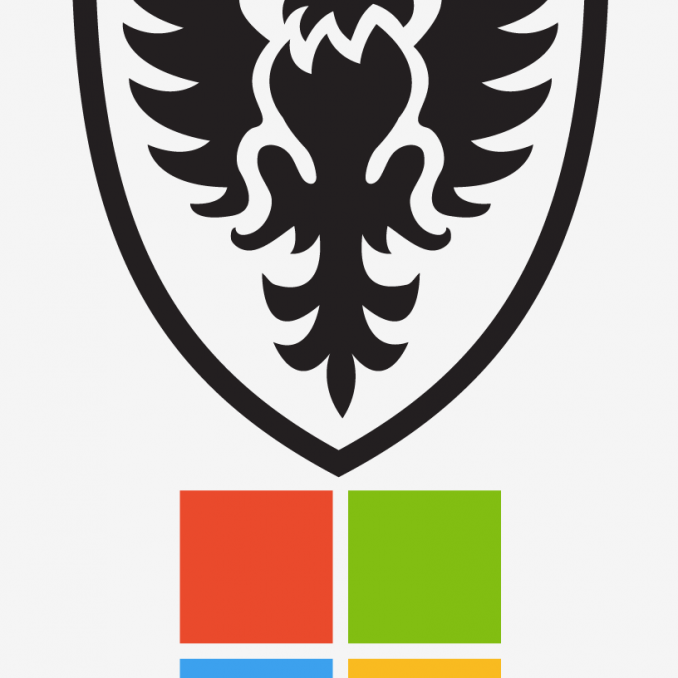

The new email platform won’t change students’ Dal email addresses, but the system that supports email will be completely revamped.
“Dalhousie has an aging, open-source email system that is overtaxed with the way people use email today,” says Dwight Fischer, assistant vice president of Information Technology Services.
“They want it mobile, on various devices, and lots of capacity. We’ve been looking at replacing our aging infrastructure for several years.”
Microsoft offers the service, Office 365 for Education, free to universities. Students will now have 25 GB of storage per email address instead of 488 MB. In other words, it will give each student 52 and a half old addresses worth of space.
Fischer held a live web seminar Jan. 22 to answer questions about the new service.
These changes will affect some students more than others.
“I use my Dal email for everything,” says Katherine Scallion, a third-year psychology student. “I used to have a Hotmail email too but it got to be too much. It would be useful if the new system had more online storage, like the cloud.”
The new system would store information both in-province on servers and online through the cloud system. In fact, Fischer says it was Microsoft’s available servers in the province that gave them an edge over Google during the selection process.
“We have a lot of standards and privacy laws,” says Fischer.
“We did an exhaustive 18-month legal review and analysis of this product. Who owns the data? How long will they store it? We own it. It’ll be stored for as long as we need it. We administer the system, they’re just hosting it for us.”
The change in services also includes web-based versions of Microsoft Office, such as Word and PowerPoint.
They’re not the complete versions, but Fischer estimates that it covers about 90 per cent of what students would use it for, which is a lot more than students have now.
“We’re not saving, we’re avoiding future costs,” says Fischer.
“The current email system is not holding up and needs to be replaced. So what we’re not doing is spending up to $2 million on replacing our system.”
Students won’t see any changes this semester, so as not to interrupt any services, but the goal is to be fully operational and integrated by fall 2013.
With email services under control, the IT department is reviewing its other services, including Blackboard. It’s no secret that not all professors use it and, with a university budget deficit of $17.5 million, cuts and savings must be made.
“They’re changing Blackboard every year,” says Scallion.
“It just gets more complicated and confusing. Right now it’s pretty fancy and has all the bells and whistles but it doesn’t need it. Just keep what’s useful.”
A survey about Blackboard is currently in the works. Faculty and staff will see it sometime in February, and students toward April. Questions about the use of the service and feedback are included.
“Blackboard is currently our learning management system,” says Fischer.
“We did an upgrade this summer and we know that some features were gained but some were lost. Other people are looking at it and so we are too.”






